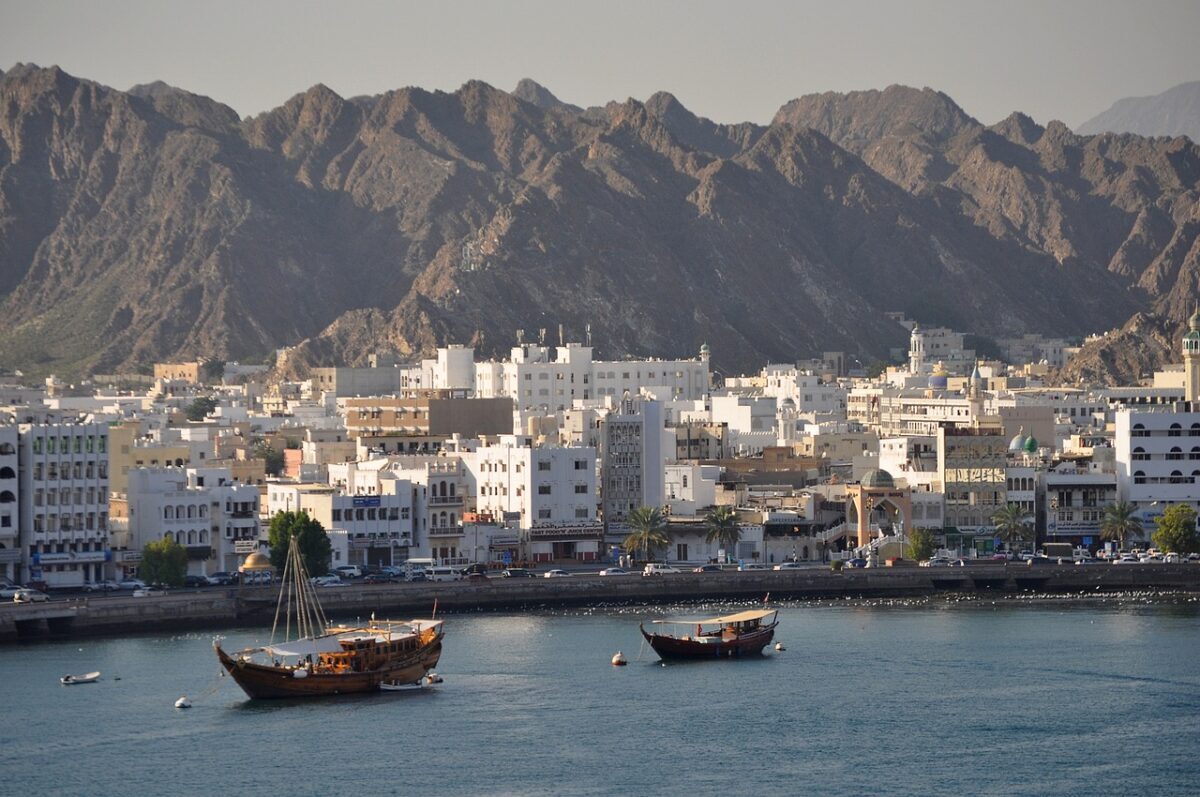Skift Take
With its sights set on transforming the tourism sector into an economic powerhouse, Oman is placing a strategic focus on Chinese tourists.

Middle East Travel Roundup
Get the latest news from the Middle East in one easy-to-digest newsletter.
Oman's Ministry of Heritage and Tourism is seeking to establish a tourism representative office in China, part of the ministry's efforts to develop marketing plans that promote Oman's tourism attractions through its global offices.
The primary objective of opening this office is to strengthen relationships between local partners, including tourism companies and hotels, in the Chinese market. Interested parties have until August 1, to submit their bids for consideration.
To equip partners in the Omani tourism sector to effectively engage with Chinese visitors, the ministry had organized a workshop called China Ready in September 2022. Oman has experienced growth in the number of Chinese tourists, witnessing a 141% increase from 44,580 in 2018 to 107,446 in 2019.
Oman has been embarking on an ambitious journey to elevate its tourism sector. The country aims to increase the tourism sector's contribution to gross domestic product (GDP) from 2.4% in 2021 to 5% by 2030 and to 10% by 2040. Additionally, Oman plans to attract 11.7 million tourists by 2040. To achieve these goals, the country is looking to attract more than $51 billion in investment.
The envisioned increase in investment is expected to have a profound impact on the tourism industry, with the potential to generate over $22.5 billion annually in tourism revenue.
Since the reopening of outbound group tours for Chinese travelers in February, Middle East destinations have embarked on efforts to attract this lucrative market. Dubai, for instance, has launched targeted campaigns in China and maintained its visa-free policy for Chinese visitors, while also adopting a comprehensive "China Ready" approach.
Saudi Arabia, aiming to receive 4 million Chinese tourists by 2030, has included China in its e-visa program and introduced a 96-hour stopover visa with a complimentary one-night hotel stay for Chinese guests.
Having welcomed 989,000 Chinese tourists, China was Dubai’s fifth-largest source market in 2019. When Saudi Arabia opened to tourism in 2019, the maximum number of tourist visas issued were to Chinese tourists as more than 100,000 Chinese tourists visited Saudi Arabia in 2019.
Skift last month released a report on "Understanding the Chinese Traveler Post-Covid."
Frasers Hospitality Expands in Middle East with New Property in BahrainFrasers Hospitality has expanded its presence in the Middle East thr
